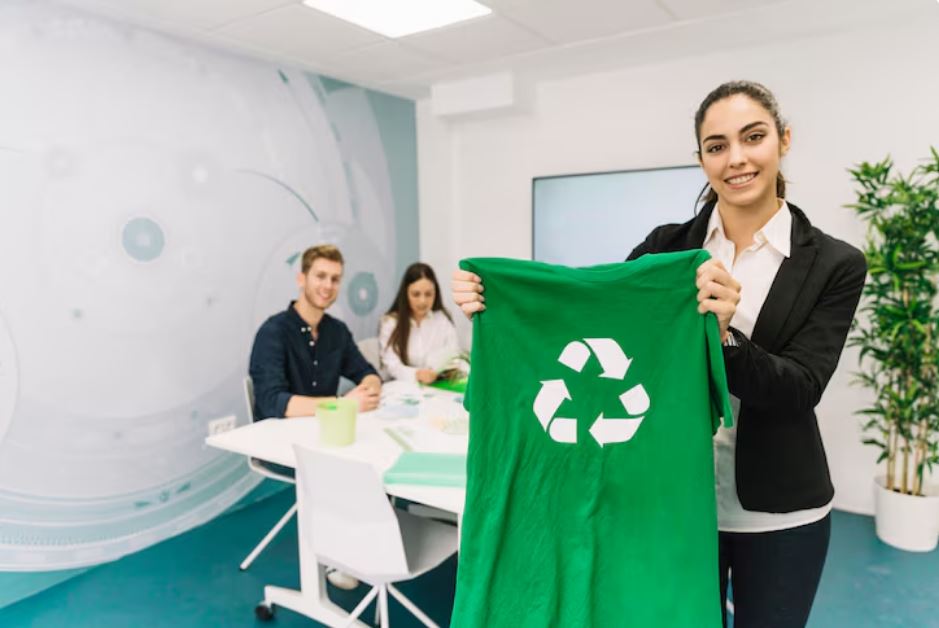
By implementing a textile recycling program that blends in perfectly with everyday life, Dunelm has done something especially creative—and incredibly useful. The largest homewares retailer in the UK is demonstrating that conscious living can be surprisingly easy and incredibly versatile by providing both in-store and online collection options. The program makes sure that everything, from ripped duvet covers to faded towels, finds a useful second life in collaboration with The Salvation Army.
Consumers can either create a free return label online and drop off packages at a specified courier point, or they can drop off clean textiles at any of the 175 participating Dunelm locations. This unobtrusive convenience is especially helpful for hectic households clearing out after a seasonal makeover. It’s not even necessary for the items to be from Dunelm. Actually, as long as it’s clean and packed, anything is acceptable, regardless of brand.
Dunelm Textile Recycling – Key Information
| Initiative | Dunelm Textile Take Back Scheme |
|---|---|
| What’s Accepted | Bedding, towels, curtains, cushion covers, duvets, pillows, clothes, shoes, accessories |
| Availability | 175+ UK stores and online via courier service |
| Delivery Method | In-store drop-off or online shipping with free label |
| Partner Organizations | The Salvation Army, British Heart Foundation, Clearabee |
| Monthly Collection | Approx. 100 tonnes of textiles collected for reuse or recycling |
| Final Product Use | Resale, donation, or transformation into Remade textiles (e.g., throws, cushion covers) |
| Sustainable Range | Conscious Choice Remade (40%+ recycled content) |
Reusable textiles are sent to The Salvation Army, whose sales help pay for essential community services. These include helping those who have survived modern slavery and providing housing for those who are homeless. By prolonging the life of commonplace items, Dunelm has developed a model that is both financially viable and morally sound.
The things that aren’t reusable are changed rather than thrown away. Textiles are collected, sorted, and then spun into recycled yarn after being shred into fine fibers. New items like throws and cushion covers from Dunelm’s Conscious Choice Remade line are made from that yarn. With at least 40% post-consumer recycled material, these products serve as a tangible reminder that progress need not be flawless but rather continuous.
This strategy seems very clear and effective in light of growing environmental concerns. By offering customers a clear process, from donation to resale or reinvention, Dunelm quietly changes behavior while fostering trust. This “green” campaign is quiet, practical, and has a significantly better footprint than more ostentatious ones that frequently lack substance.
Many households started reconsidering how they use—and dispose of—soft furnishings during the pandemic. Storage boxes full of mismatched pillowcases, old cushions, and soiled sheets all turned into visual clutter. People were actively searching for practical, meaningful ways to cut waste when Dunelm’s plan was introduced. In addition to being fortuitous, that timing struck a deep chord. A Sheffield father named Colin called dropping off three bags of unwanted bedding at his neighborhood store “the easiest thing I’ve done this week—and the most useful.”
Dunelm’s partnership with The Salvation Army serves to emphasize the sentimental significance of giving. Giving becomes more meaningful when you realize that your used curtains might help someone in need of temporary housing or provide financial support for a survivor who is starting over. Recycling textiles thus becomes more about contribution and less about guilt. The way people now approach secondhand shopping and local food sourcing—personal, intentional, and purpose-driven—is remarkably similar to that subtle emotional shift.
Dunelm also handles donations of furniture and bulky items through strategic alliances with groups like Clearabee and the British Heart Foundation. This ensures that not just small items are repurposed, making the recycling process extremely versatile. The program is notably inclusive because there is a path for responsible disposal, whether you’re replacing a mattress or simply throwing away a torn apron.
More than just an environmentally friendly product line, the Conscious Choice Remade line is a concrete result of this circular strategy. Consumers are able to touch, feel, and buy products that represent their recycling choices. These products are now on shelves, proving that ethical retailing can grow without sacrificing its core values. They are no longer just theoretical concepts hidden away in a warehouse.
Nearly half of all unwanted fabrics in the UK still end up in landfills, a significant increase in textile waste over the last ten years. That equates to each person discarding about 35 items annually. By incorporating online and in-store takeback options, Dunelm has greatly lowered obstacles to action. Their model demonstrates that people are willing to participate if it is simple, cost-free, and obvious where their belongings are going, as evidenced by the approximately 100 tonnes of material that are collected each month.
When it comes to sustainable retail, simplicity is frequently disregarded. However, Dunelm’s drop, sort, reuse, or remake model is so simple that it can be used almost independently. It is especially useful as a model for other retailers because of this. Additionally, considering the growing popularity of circular economy concepts, this could easily lead to the development of comparable systems in the fields of electronics, furniture, and fashion.
Even though stores like M&S and H&M provide recycling bins for clothing, there are frequently unanswered questions regarding what happens to those items. A credibility that is frequently lacking elsewhere is provided by Dunelm’s transparency, which is further enhanced by its collaboration with The Salvation Army. This type of transparency will become more and more important as more customers inquire, “What happens after I donate?”
Christina Downend, Head of Climate Change and Sustainability at Dunelm, explained that the project is a continuation of their “Good & Circular” approach. The company’s long-term commitment is emphasized by this framing, which is forward-looking, cooperative, and optimistic. Recycling isn’t being positioned as a side project or as a limited promotion. It is a fundamental aspect of their operations that is always changing.
Recycling textiles won’t be a specialized service in the upcoming years. Like reusable bags or packaging made without plastic, it will be expected. Due to its proactive strategy, Dunelm has positioned itself ahead of that curve, developing a model that is both logistically viable, emotionally compelling, and closely linked to the communities it serves.
